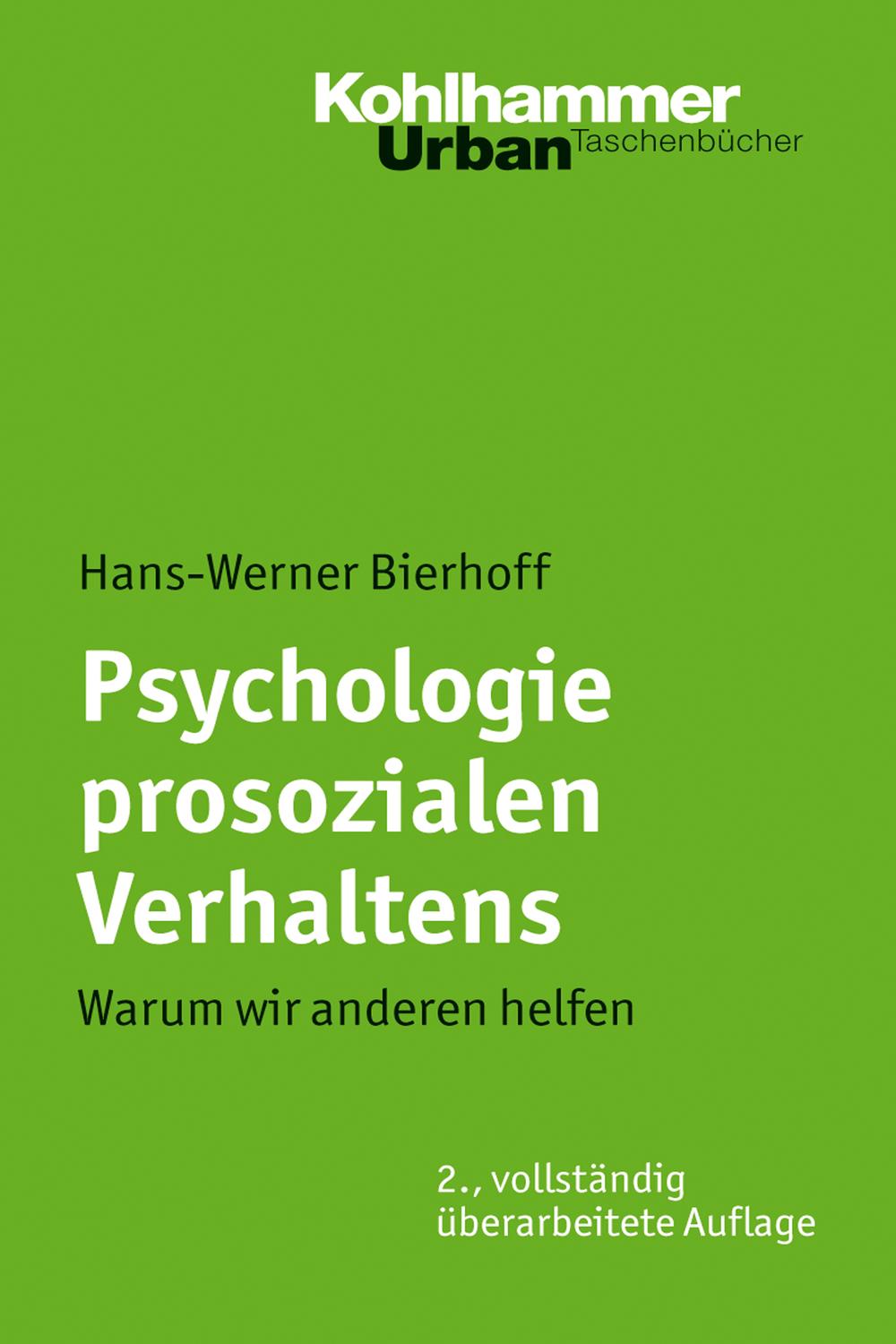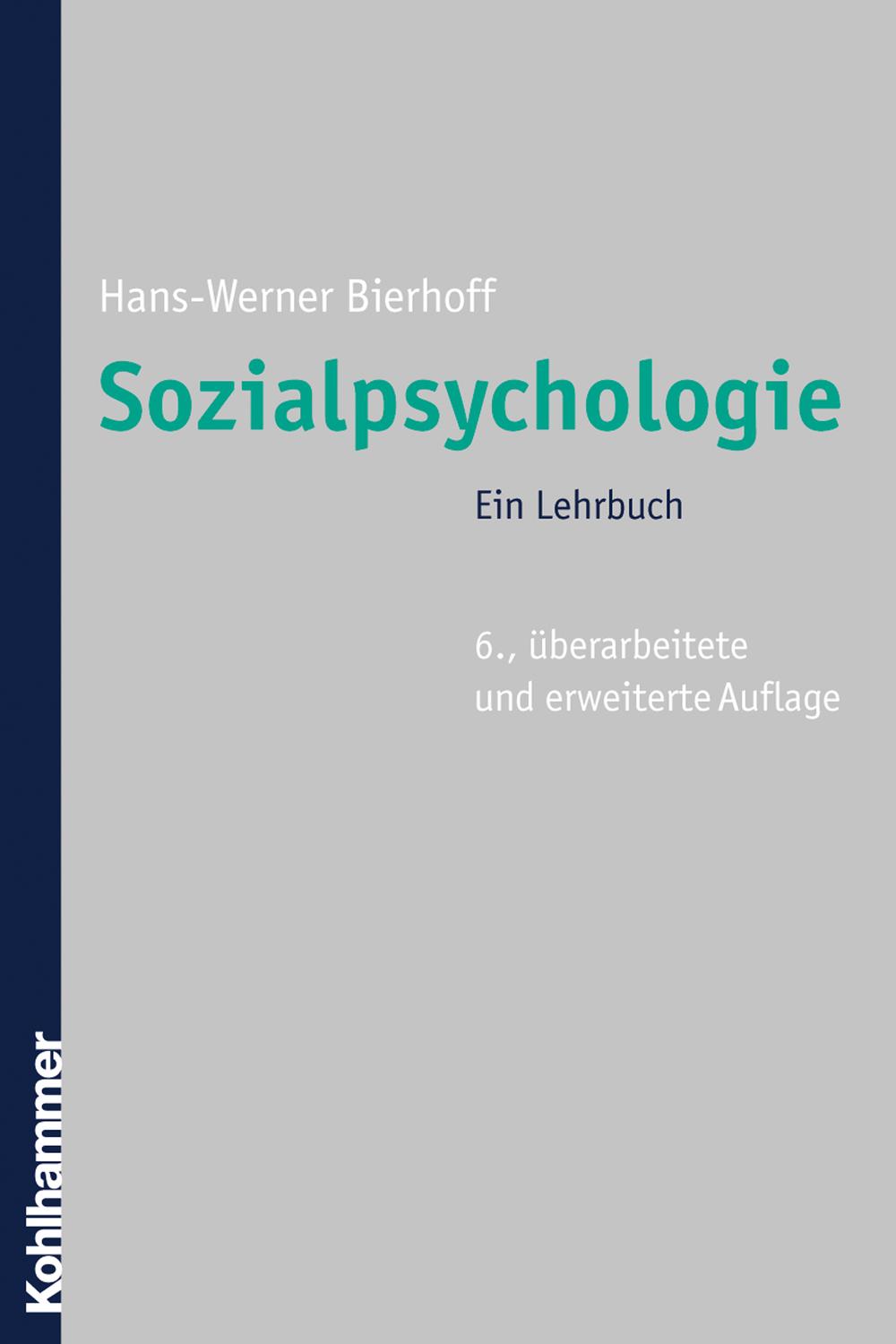1. Materialism in social media–More social media addiction and stress symptoms, less satisfaction with life
- Author
-
Phillip Ozimek, Julia Brailovskaia, Hans-Werner Bierhoff, and Elke Rohmann
- Subjects
Social media ,Materialism ,Addiction ,Well-being ,Satisfaction with life ,Social comparison ,Information technology ,T58.5-58.64 ,Telecommunication ,TK5101-6720 - Abstract
Materialism describes the constant striving to increase and present one's possessions in the form of both material and immaterial goods. Social media, such as Instagram or Twitter, offer materialists new opportunities to pursue and satisfy their materialistic needs and goals. Preliminary work has already shown that materialists use social media to compare their possessions with those of other users and to accumulate digital possessions (in the form of friendships or followers). However, materialistic use of social media does not only bring benefits but could also negatively impact satisfaction with life (as a marker of subjective well-being) under certain conditions. In an online study (N = 1230), we examined the extent to which materialism on social media is associated with lower satisfaction with life. Evaluation of a sequential mediation model revealed that highly materialistic participants exhibited higher social comparison orientation, stronger associations with passive social media use as well as social media addiction, and thus reported higher stress experience resulting in lower satisfaction with life. Further results as well as limitations of the study and an outlook are discussed.
- Published
- 2024
- Full Text
- View/download PDF


